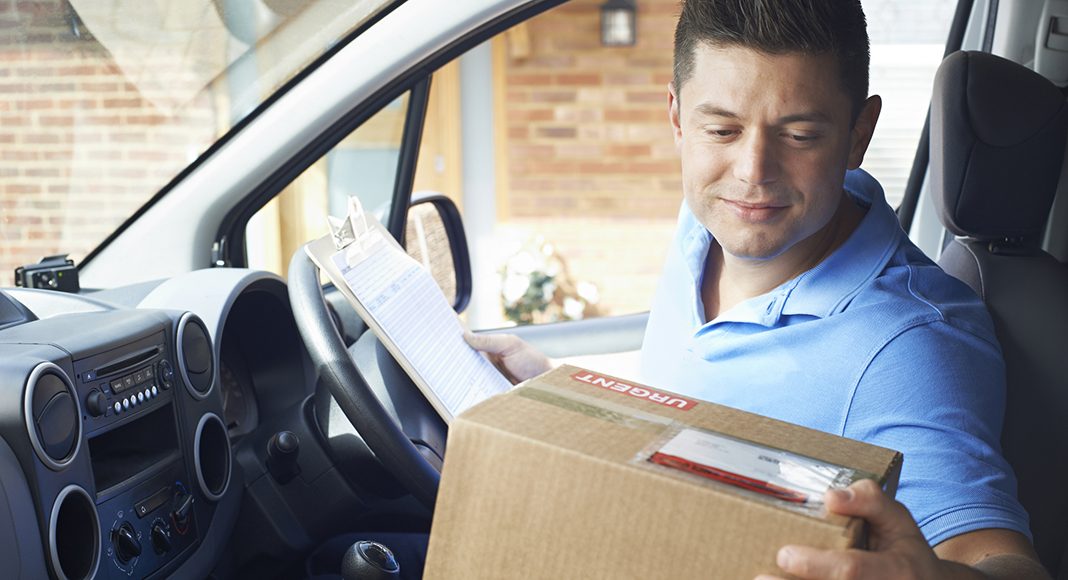The pressures that come with being a self-employed courier or taxi driver may significantly increase the risk of being involved in a collision, according to a new report by University College London (UCL).
Survey participants included self-employed couriers who delivered parcels and food, and self-employed taxi drivers who received their jobs via apps. Of those surveyed, 63 percent said they were not provided with safety training on managing risks on the road.
Over two in five (42 percent) of drivers and riders reported that their vehicle had been damaged as a result of a collision while working, with a further one in ten reporting that someone had been injured.
‚ÄúOur findings highlight that the emergence and rise in the popularity of gig work for couriers could lead to an increase in risk factors affecting the health and safety of people who work in the gig economy and other road users,‚ÄĚ said Heather Ward, UCL Centre for Transport Studies. ‚ÄúAs more workers enter the economy and competition rises, the number of hours they need to work and distances they must travel to earn a stable income both increase. We know this is an issue but don‚Äôt know exactly how far it extends as not all companies need to report the number of self-employed couriers they use to the government.‚ÄĚ
The UCL report, The emerging issues for management of occupational road risk in a changing economy: A survey of gig economy drivers, riders and their managers, includes a list of recommendations for companies using self-employed couriers and taxi drivers to limit the pressure drivers and riders are under.
One recommendation is that mobile phones should not be allowed to cause a distraction, after the results showed that 40 percent of those using an app found them to be off-putting whilst driving or riding. Most of the surveyed couriers on scooters, motor and pedal bikes reported receiving work through an app which played a noise at intervals to alert them to a job with a fixed time window in which to accept.
Other risk points for drivers and riders include tiredness ‚Äď particularly among parcel couriers ‚Äď from overwork and the intense pressure of self-employed parcel delivery, with many reporting regular near misses and collisions.
‚ÄúIn previous years the UK had a good road safety record, but de-regulation over the last few years has left self-employed couriers and taxi drivers at an increased risk of exploitation,‚ÄĚ said Professor Nicola Christie. ‚ÄúThe Health and Safety Executive has regulations on safety at work, but these don‚Äôt apply to those whose work takes place on public highways.
‚ÄúI hope to see the recommendations in this report taken on board by the Department for Transport and incorporated into health and safety regulations as the gig economy is set to continue to increase.‚ÄĚ



















